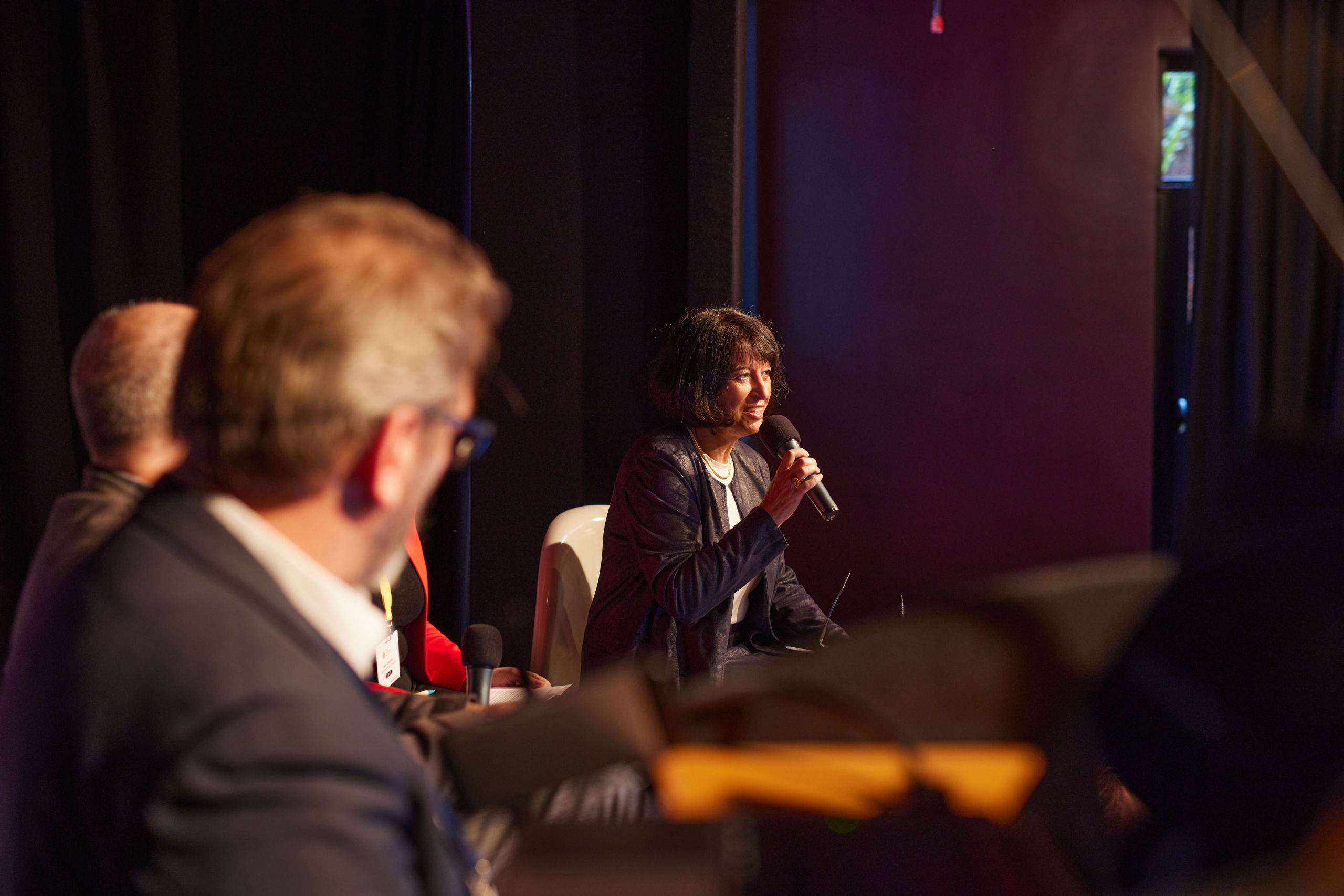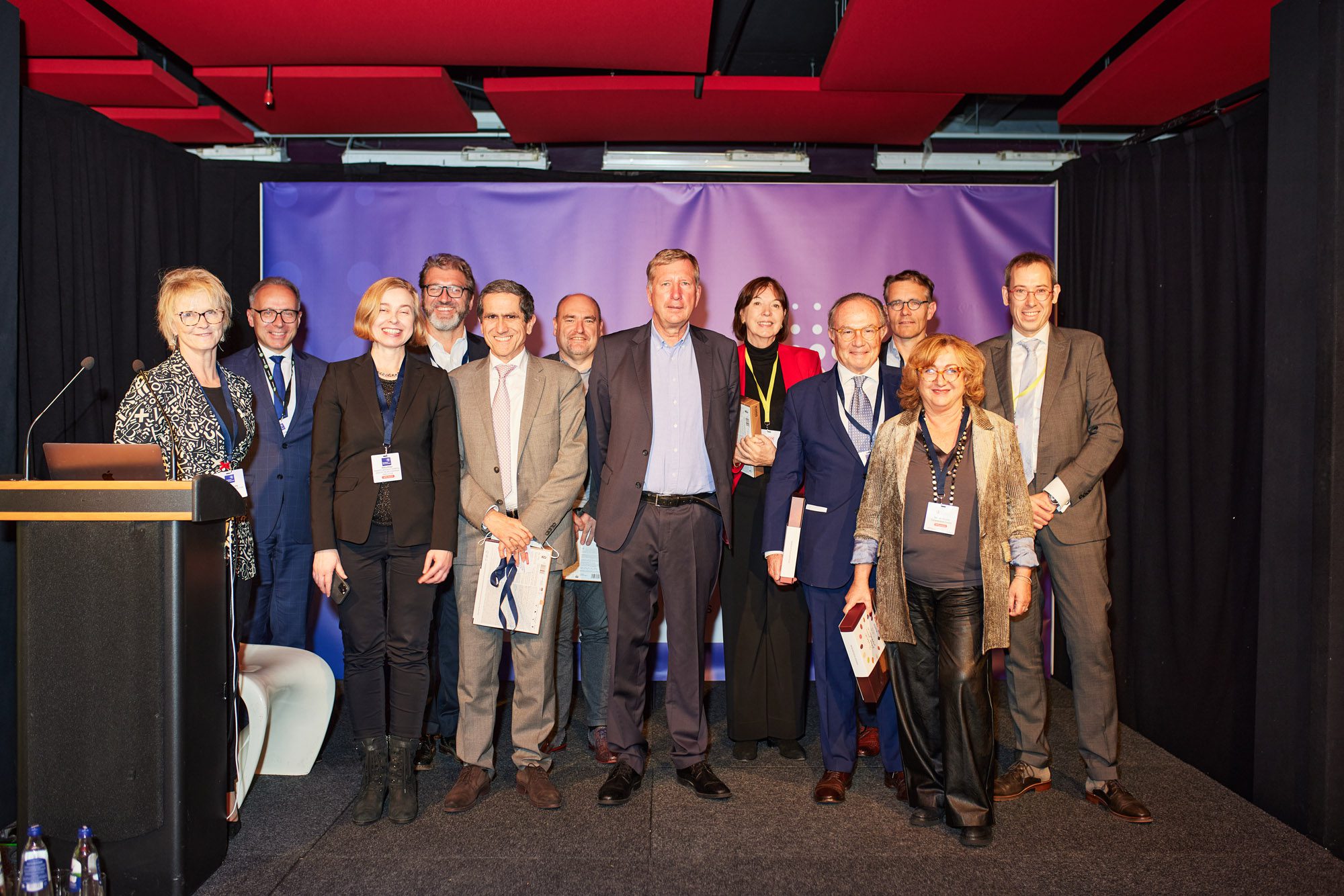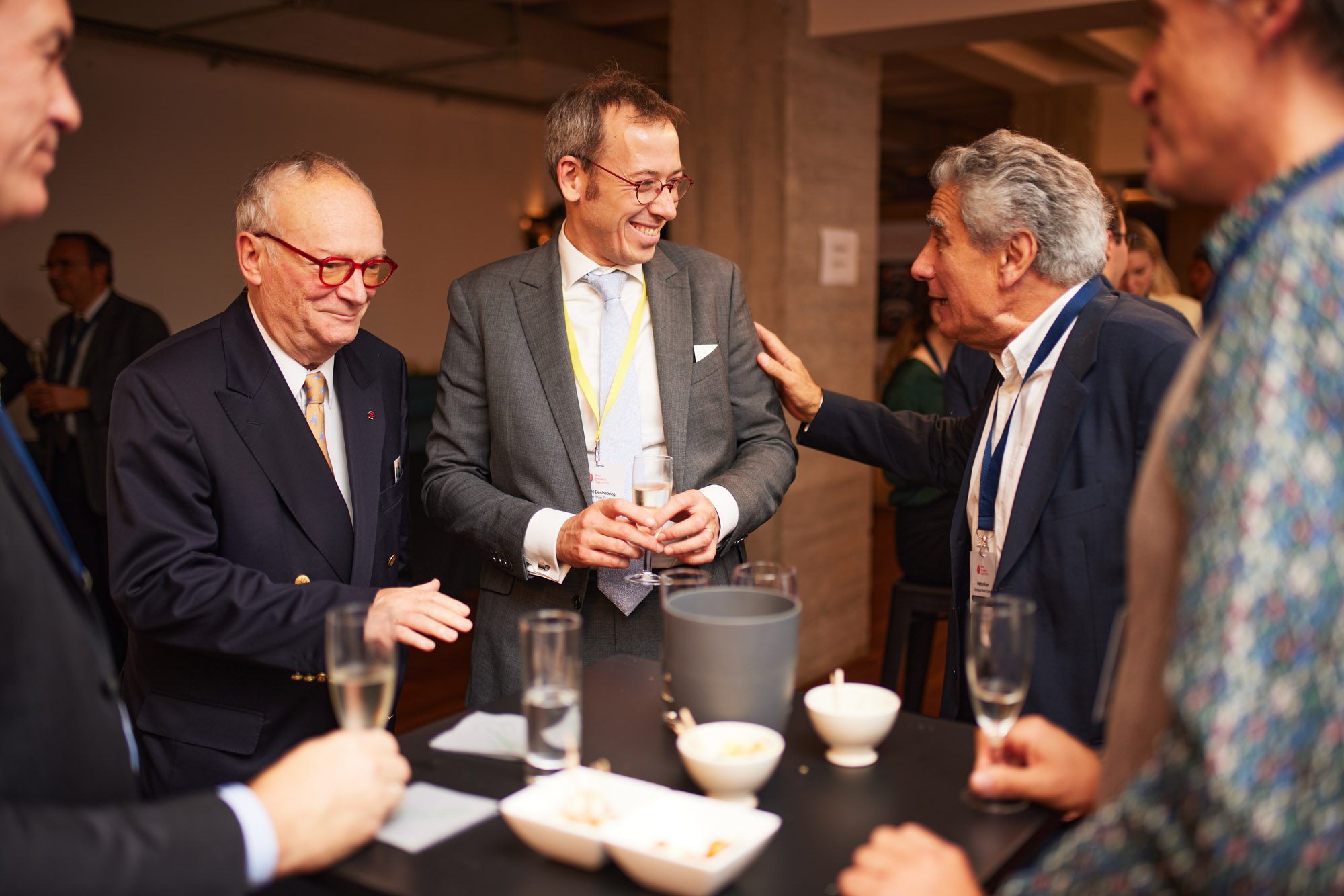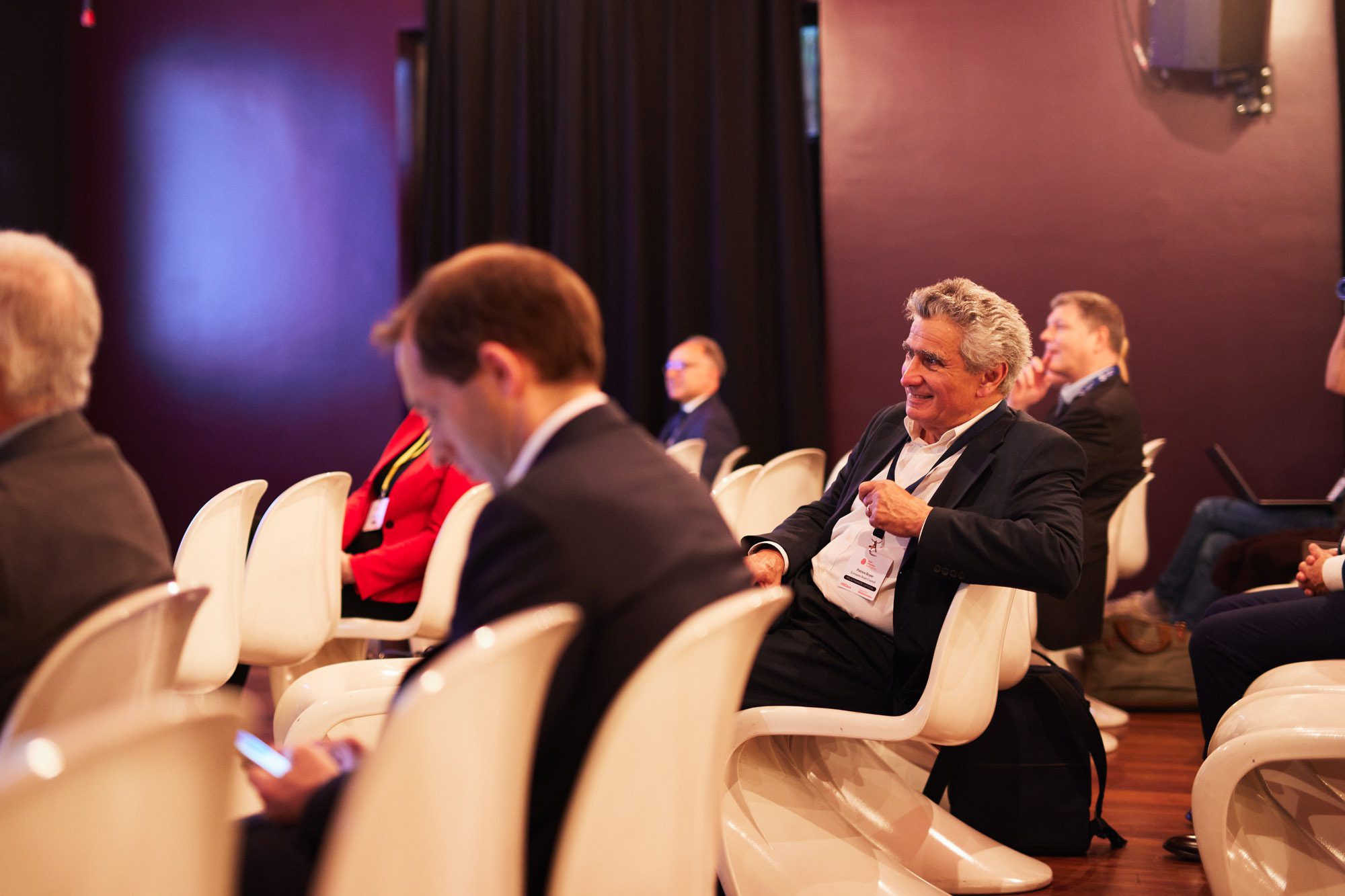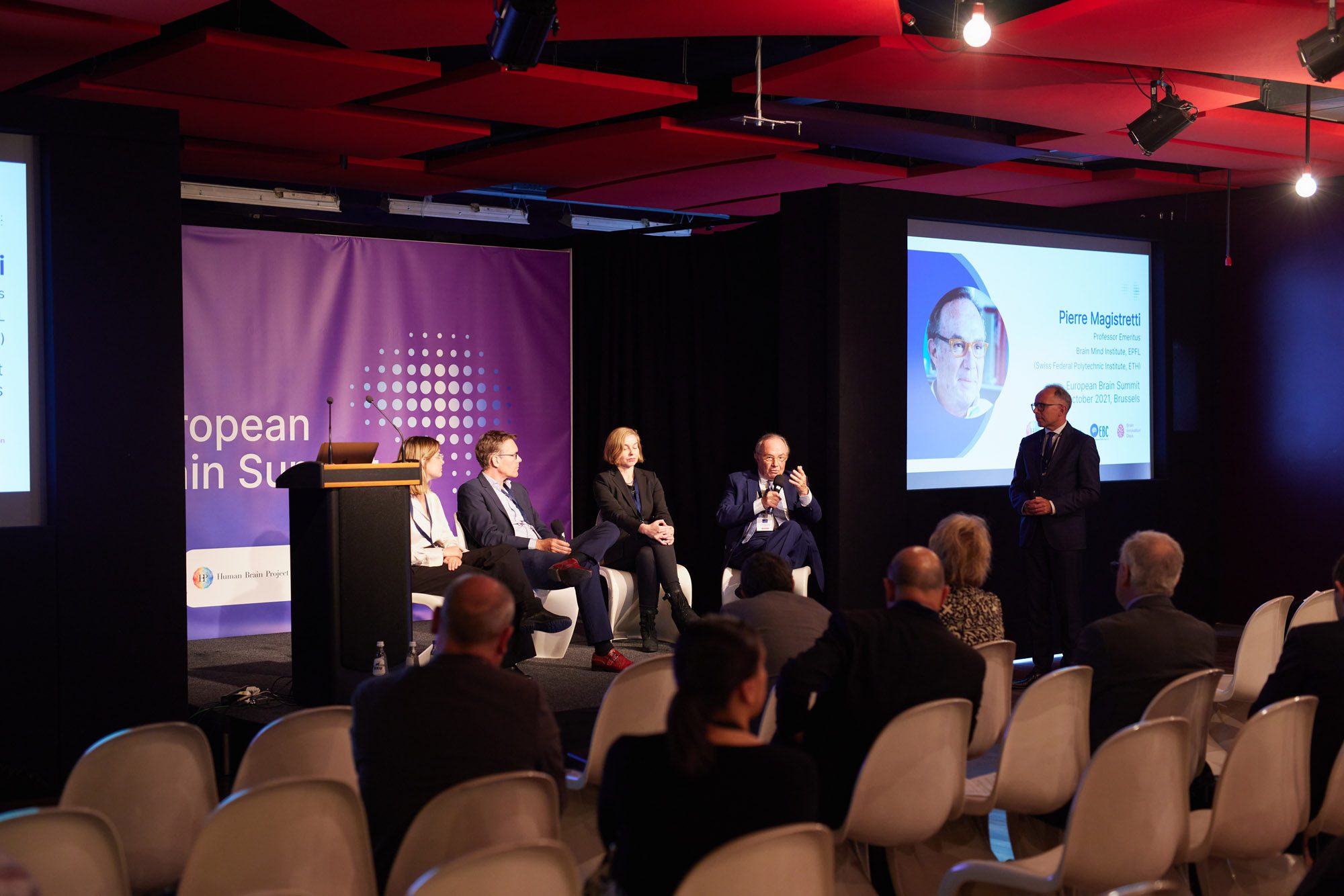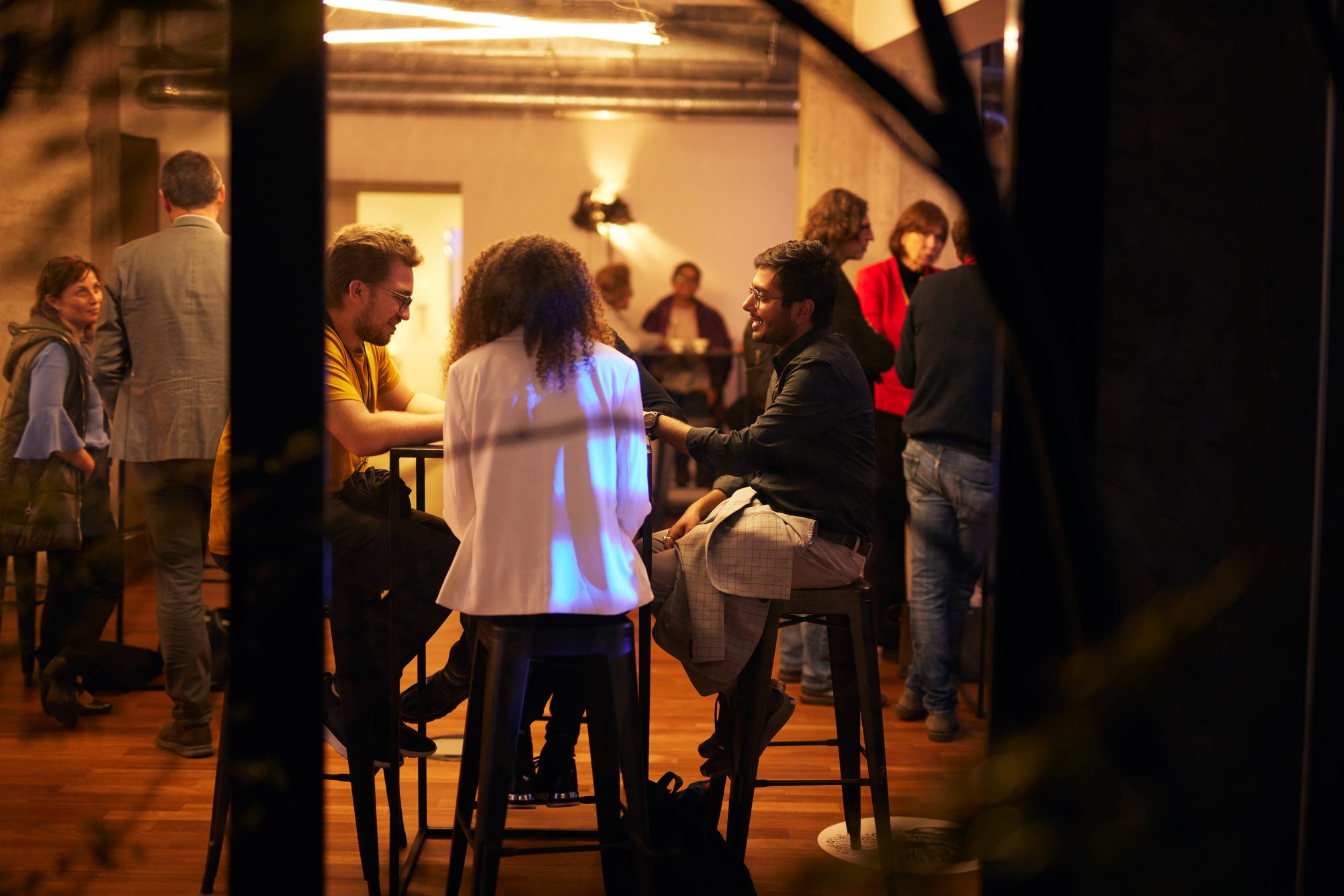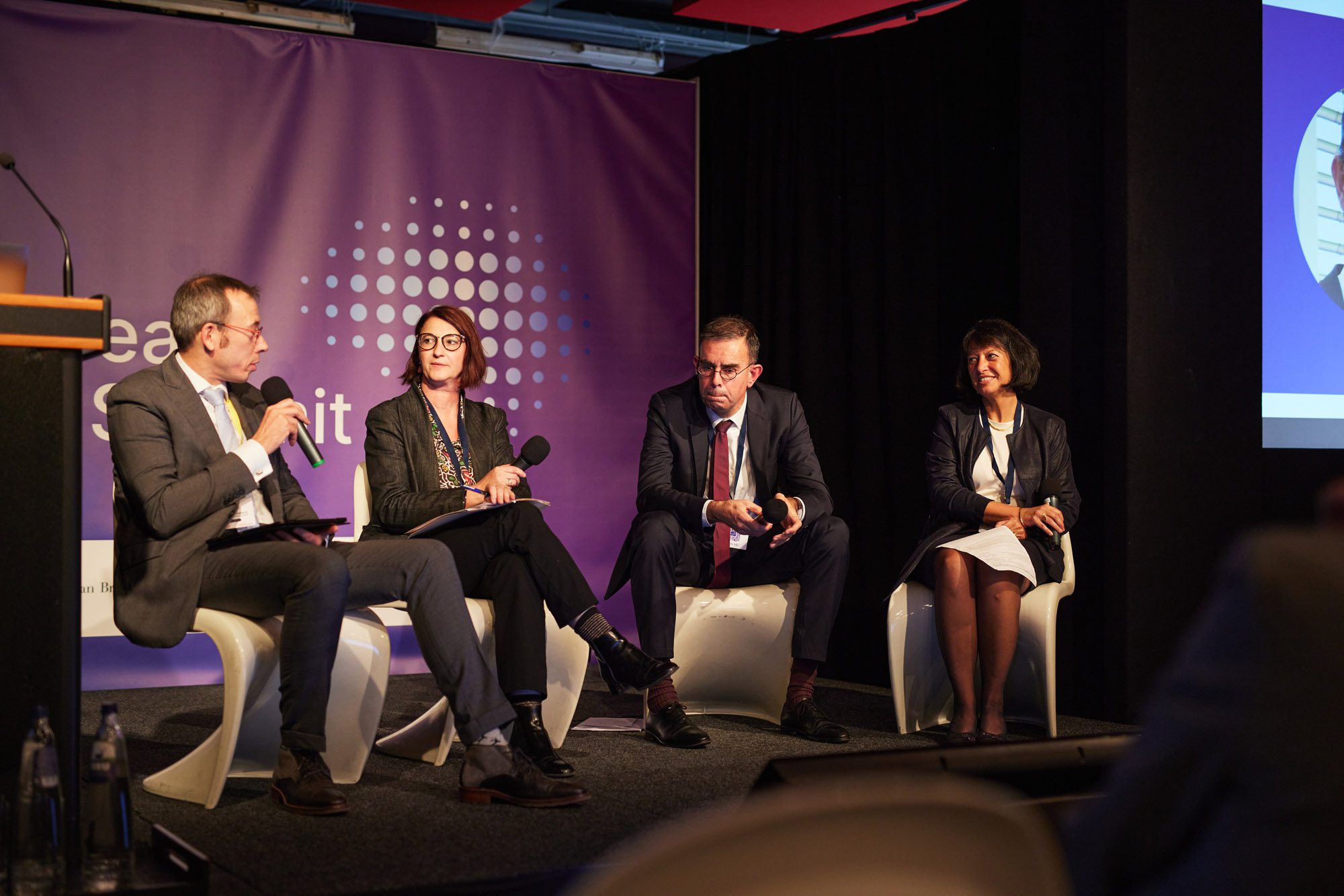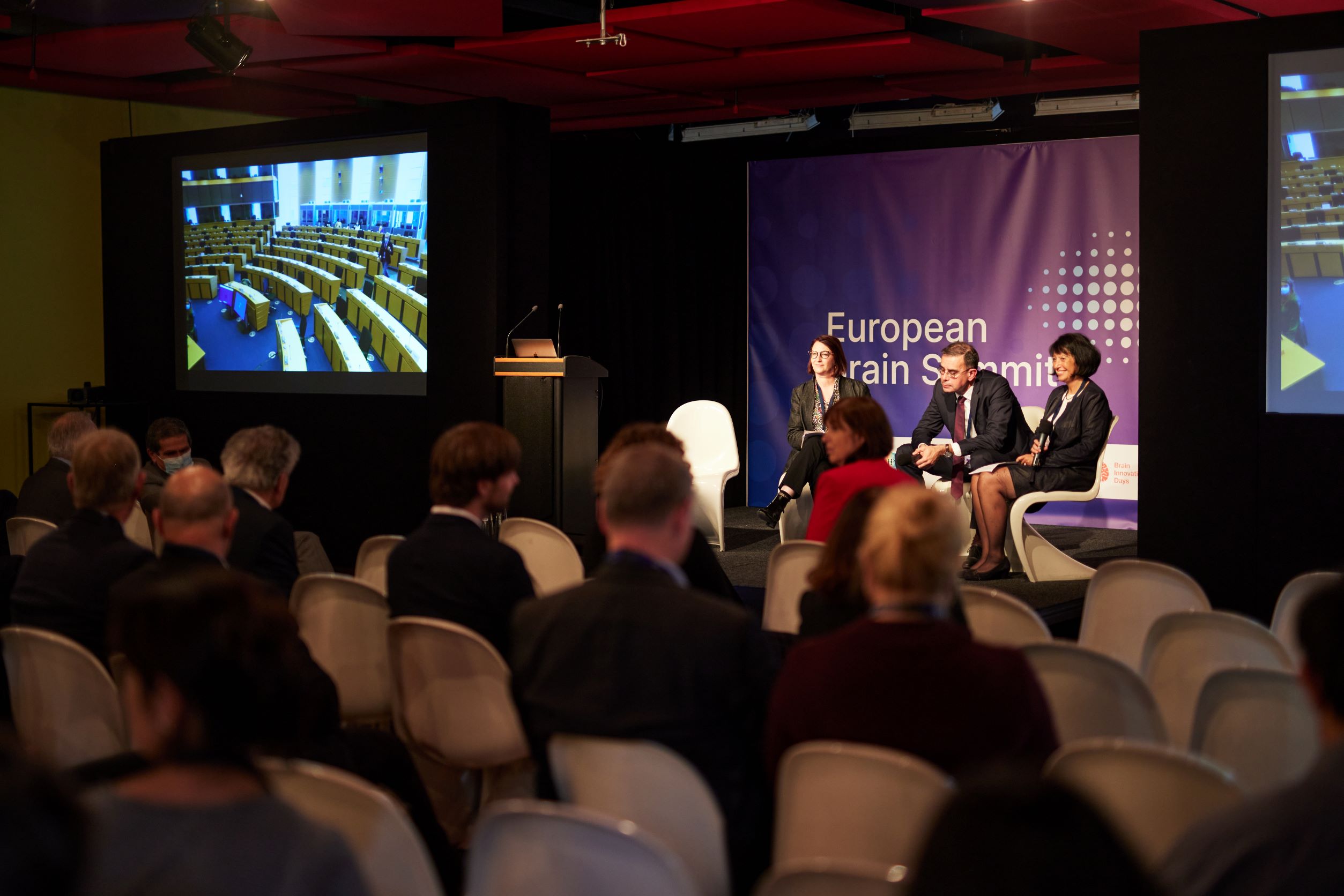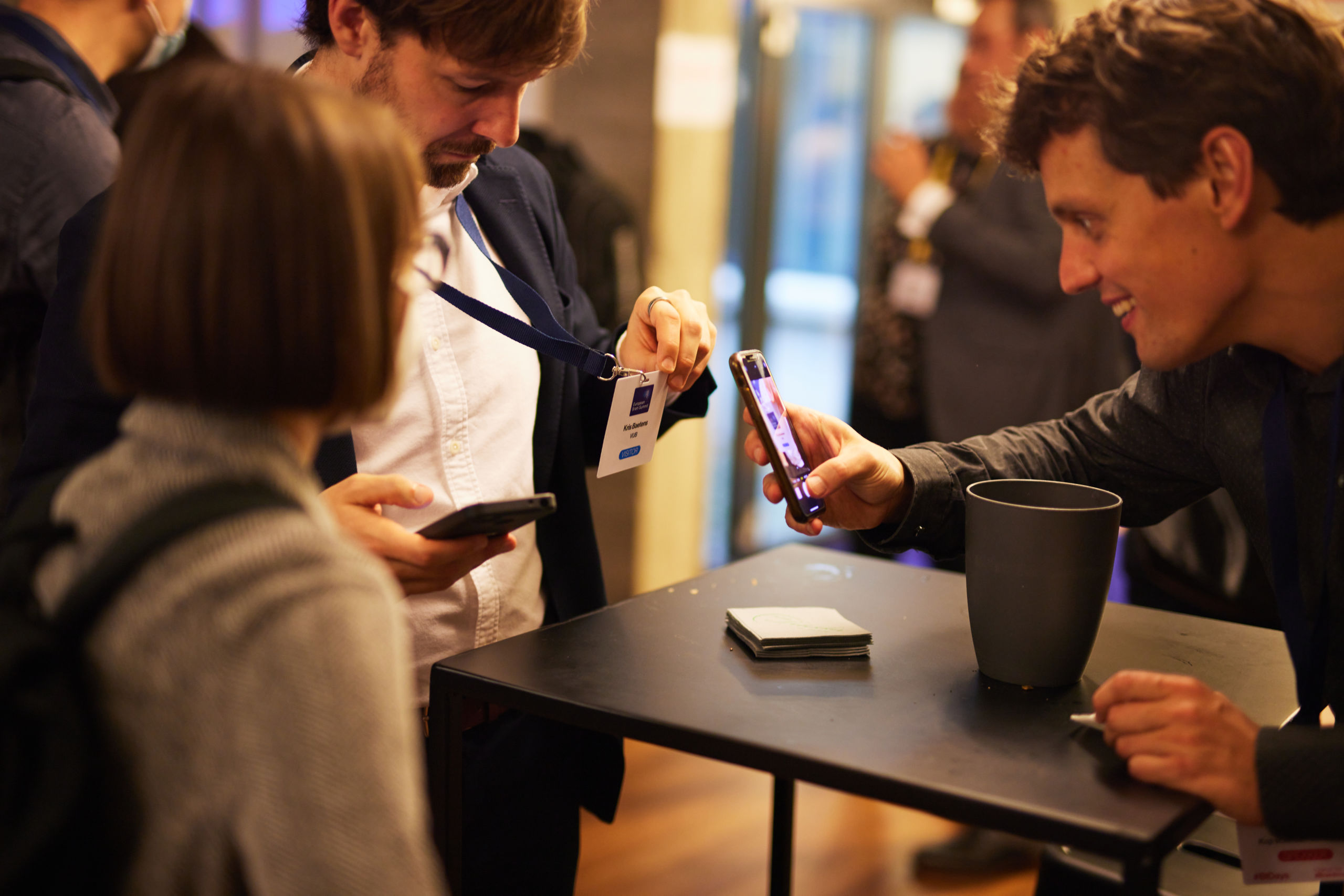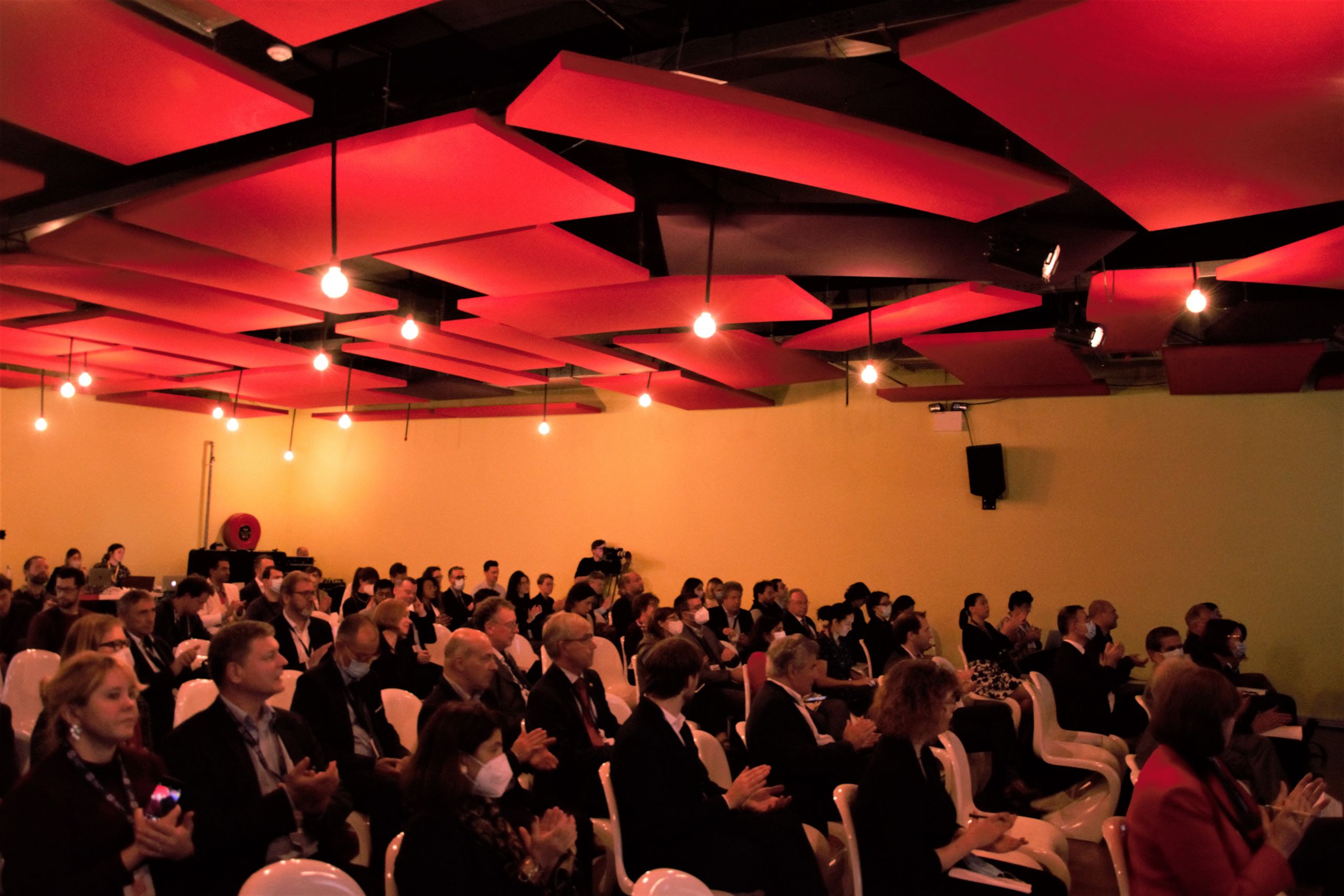On 12 October, representatives of the highest levels of research policy and brain science met in Brussels for the first European Brain Summit, organised by the European Brain Council (EBC) and EBRAINS, in conjunction with the Brain Innovation Days and Human Brain Project Summit.
Leading researchers and policy makers presented their vision of the future of European brain research in the context of the European Health Union and highlighted innovative solutions and latest technological advancements. They were joined by a total of 550 registered participants, with almost 200 meeting on-site and a majority following the live stream from across Europe and beyond.
Panels of renowned scientists and different societal stakeholders discussed worldwide collaboration and partnerships, technology and medical innovation, patient involvement, and the European Health Data space.
Highlights from the European Brain Summit
In her opening speech, Prof Monica di Luca, President of the European Brain Council, expressed how enthusiastic the EBC was to partner with EBRAINS to host this event as the first of many to foster the advocacy of brain research. She stressed the urgency of addressing brain health due to the disease burden in Europe. Joke Jaarsma, President of the European Federation of Neurological Associations and Treasurer of the European Brain Council, joined Monica on behalf of the patient and patient representative community, stressing the importance of building a truly patient-centred health system and collaborating with patients in all aspects of research in order to respond to the right needs.
Prof André Syrota, Chair of the Stakeholder Board of Human Brain Project and Chair of the Board of Directors of EBRAINS and Prof Katrin Amunts, Scientific Research Director of the Human Brain Project welcomed the room on behalf of event partners, EBRAINS, highlighting the important work both are doing in the brain research and data space.
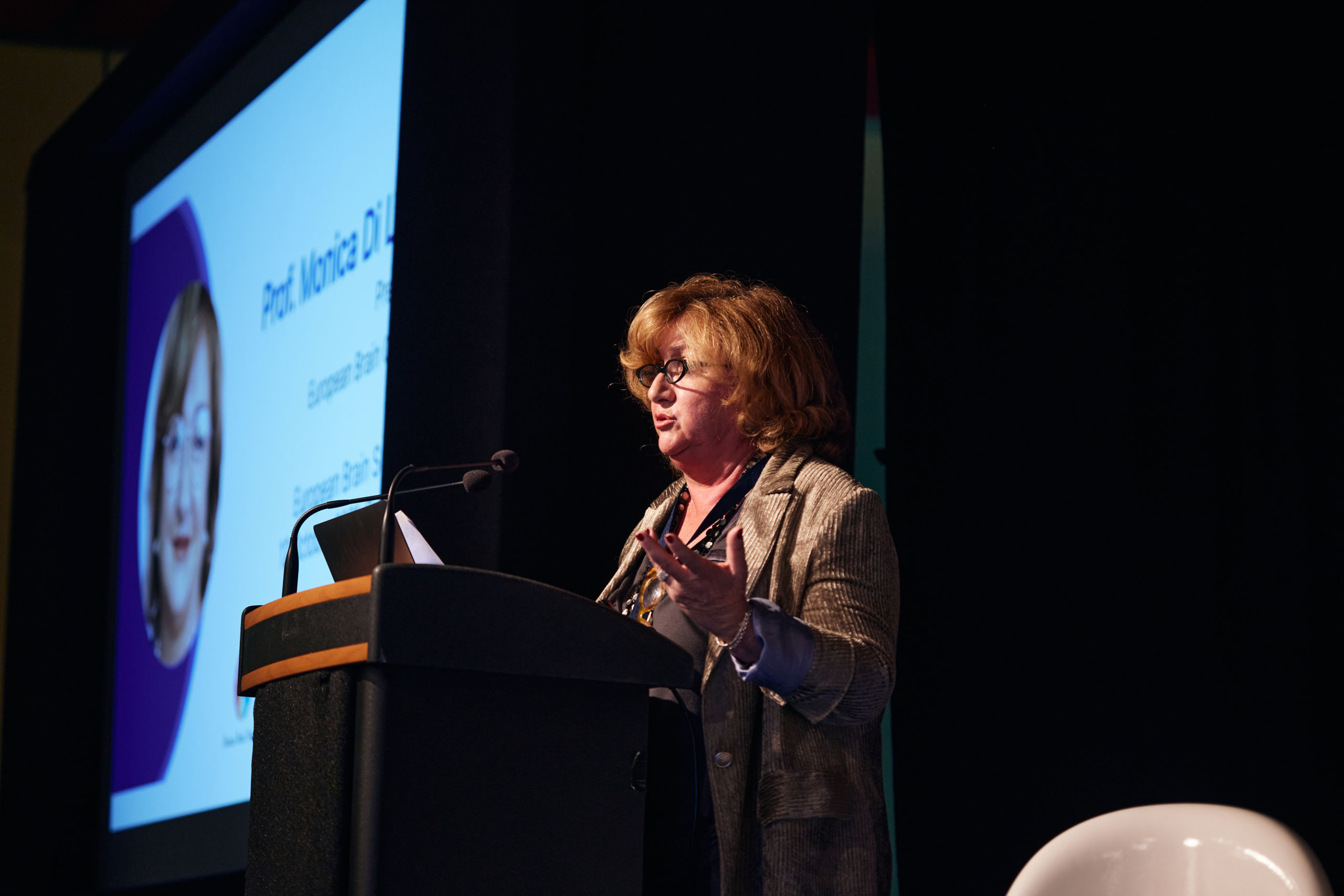
“The European Brain Summit has the important goal to bring together many of the key players in the brain space to ensure that brain research receives the policy attention that it deserves and requires.”
Monica di Luca, President of the European Brain Council
High level decision makers attended the meeting, from both the EU and Member State levels. Italian Minister of University and Research, Prof. Christina Messa, explained that for effective efforts it is key to pool talent and resources on a European level.
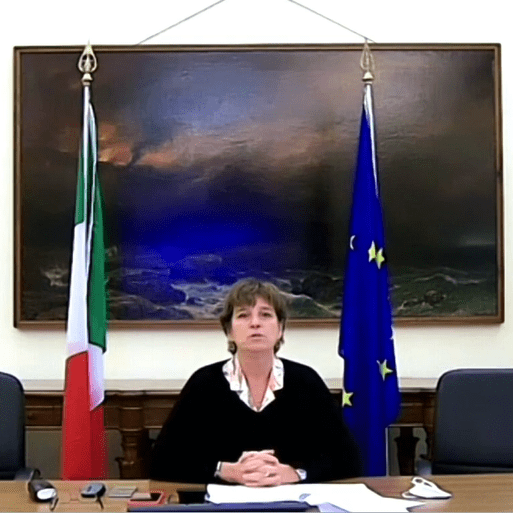
“The impact of brain studies in society extends beyond the purely scientific interest in achieving knowledge, as the alarm bells from brain-related diseases have reached such a level that it is unthinkable that each country can move independently of other partners along the lines of uncoordinated initiatives.”
Maria Christina Messa, Minister of University and Research, Italy
The Summit was also pleased to welcome MEP Cristian Bușoi (EPP, RO), Claire Giry (Director General of Research and Innovation at the Ministry of Higher Education, Research and Innovation, France) and François Jacq (French Alternative Energies and Atomic Energy Commission).
“I would like to express a strong commitment to your efforts on behalf of myself, but I believe I can also speak on behalf of many colleagues from the European Parliament involved in the health policy area in [the support] of efforts to put brain health somewhere at the top of the European agenda.”
Cristian Bușoi, Member of European Parliament (EPP, Romania)
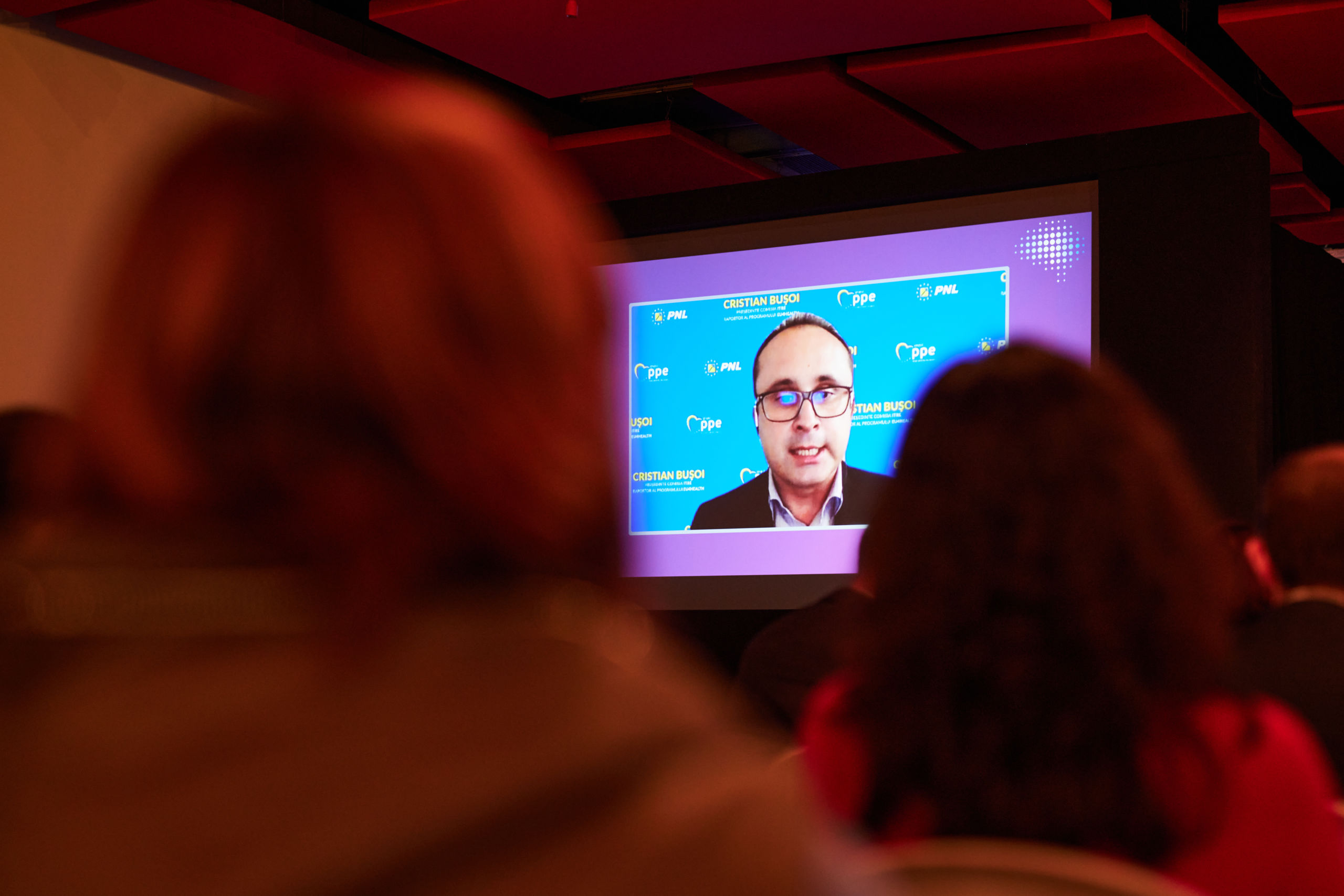
“Today’s meeting strongly underlines the need and the interest to strongly support brain research. Brain diseases and their high burden on individual health and health systems are well known. The tools available to tackle this are mostly research related, which is why it is important to continue to work on these issues.”
Claire Giry, Director General of Research and Innovation at the Ministry of Higher Education, Research and Innovation, France
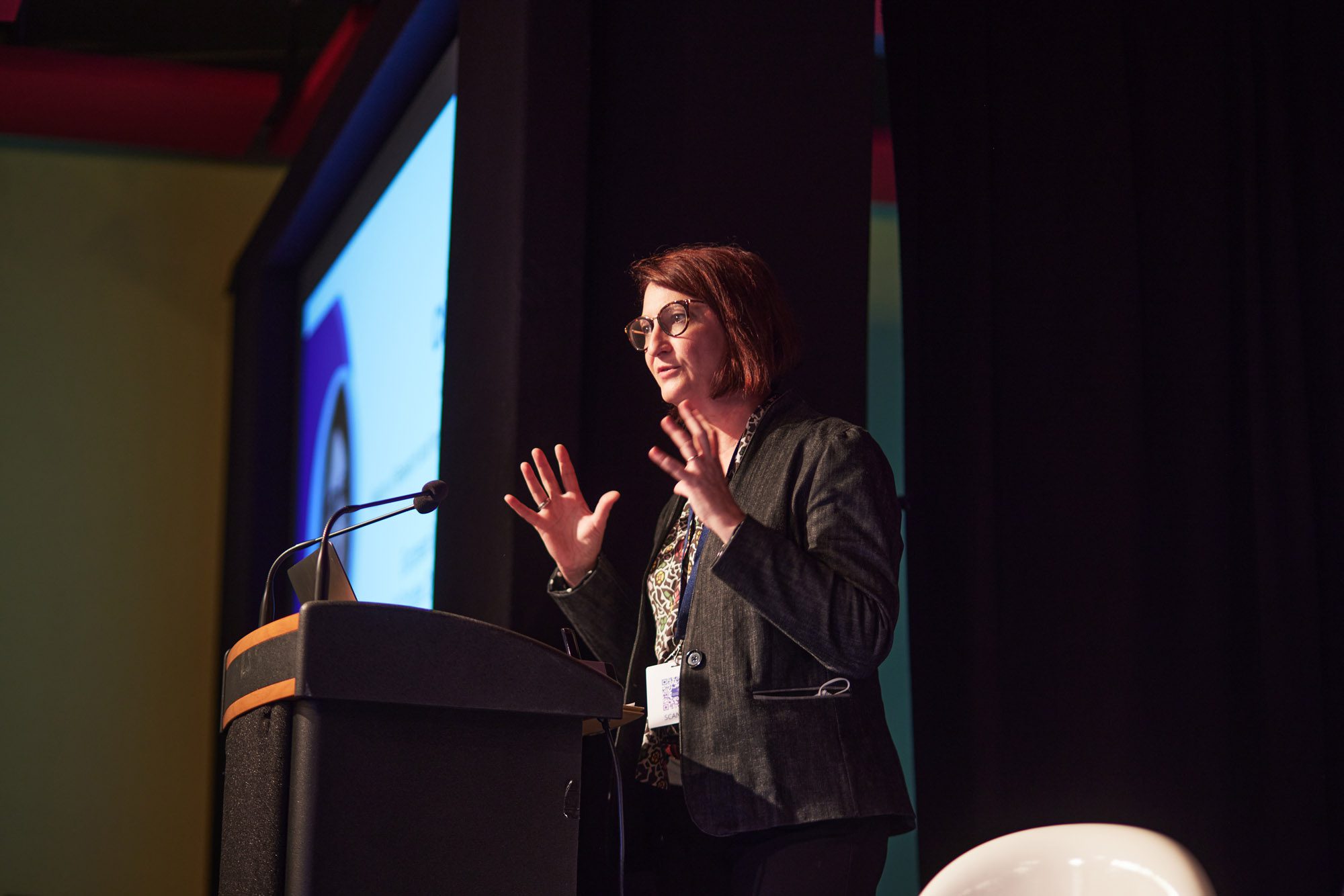
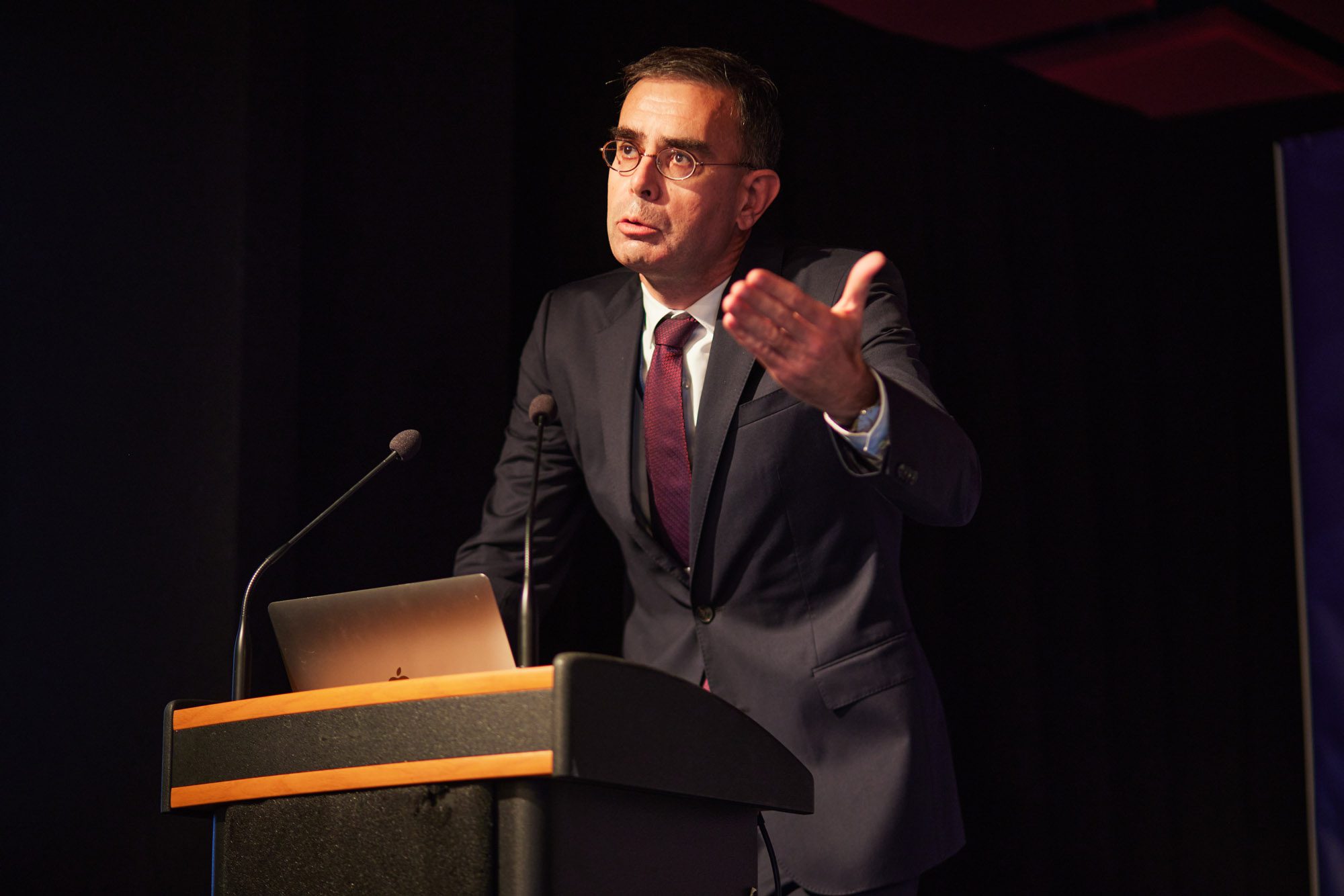
“If you don’t bring people to work together, you don’t have anything. We must strengthen our European approach. If we want to negotiate with others, if we want to cooperate with others, we should be strong at the European level first. If we are strong, it is in my experience then, that the others will come to cooperate with you.”
François Jacq, Administrator General, French Alternative Energies and Atomic Energy Commission
The Summit also dialed in to a virtual workshop of the European Parliament’s Panel for the Future of Science and Technology (STOA), moderated by EBC President, Prof Monica Di Luca. The session was opened with a Keynote from Nobel Prize Winner, Prof Edvard Moser, who stressed the massive challenge of understanding the activity of the brain with its complex networks requires cooperation not only between individual research groups but between whole countries and continents.
The second half of the Summit focused on a number of key areas in the space, namely: The European Brain Research Area project: Building a new partnership on Brain Health and Digital Innovation, Technology, and Data access in Europe.
EBRA partners, EU Joint Programme – Neurodegenerative Disease Research (JPND), ERA-NET Neuron and Human Brain Project were invited on stage to discuss the importance of collaboration and partnerships at the European and global level, represented by Prof. Philippe Amouyel (Chair, Executive Board), Prof. Marlies Dorlöchter (Coordinator) and Paweł Świeboda (Director General) respectively. The panel was also joined by Hilary Sutcliffe (Director, Society Inside), who spoke on the importance of people-centred innovation and research.
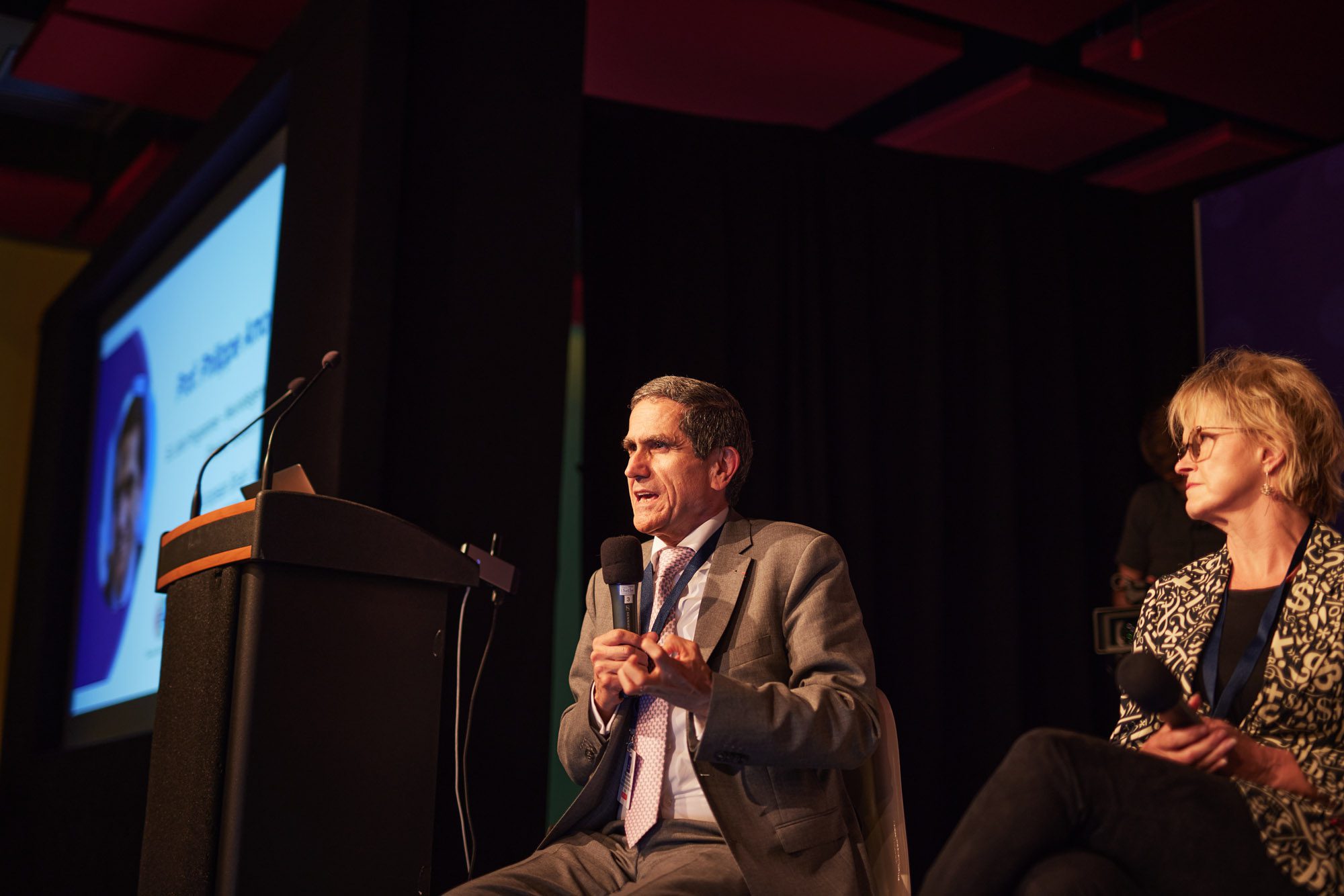
“The size of the challenge is so large that not one country is able to tackle it alone.”
Prof Philippe Amouyel, Chair, Executive Board, EU Joint Programme – Neurodegenerative Disease Research (JPND)
“We need to address the brain as a societal challenge.”
Paweł Świeboda, Chief Executive Officer, EBRAINS AISBL, Director General, Human Brain Project
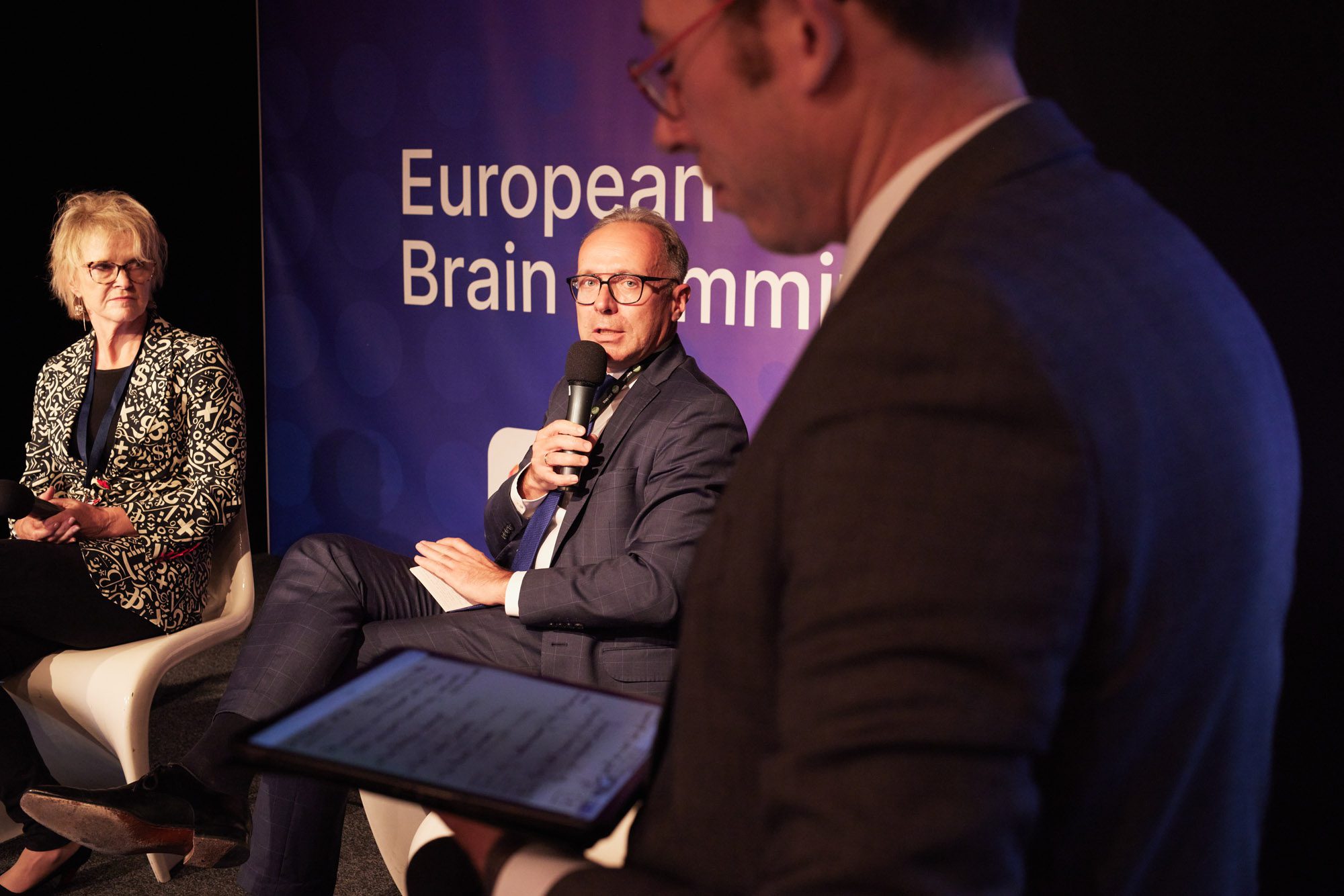
“We all have national strategies on brain research, but it is really important that we are talking about this, that we align our strategies and jointly support collaborative research in Europe and beyond. EBRA is a network of networks, so it takes us to another level of collaboration that is very important and gives us a platform to talk about our strategies and to jointly go on in the support of research.”
Prof Marlies Dorlöchter, Coordinator, ERA-NET NEURON
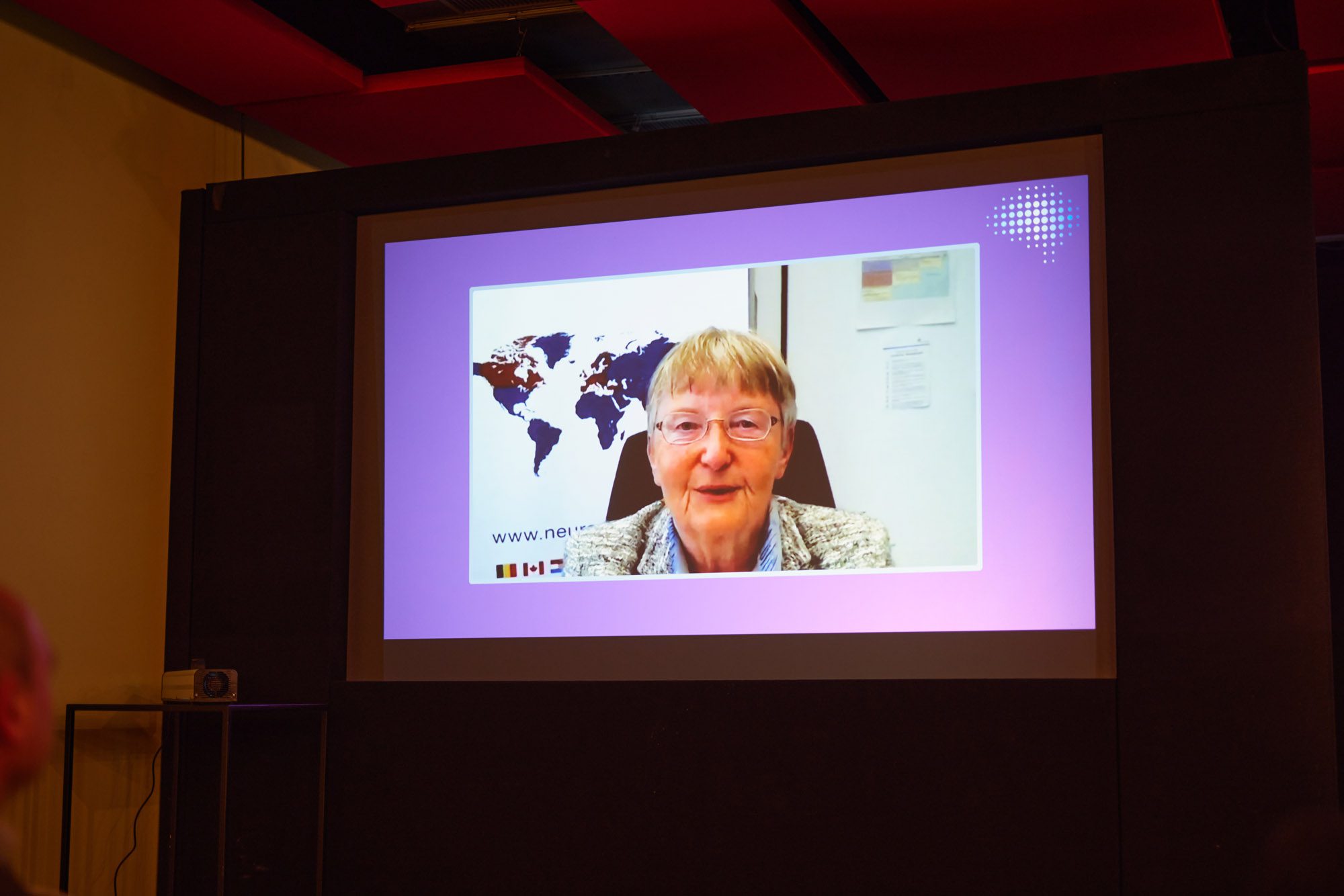
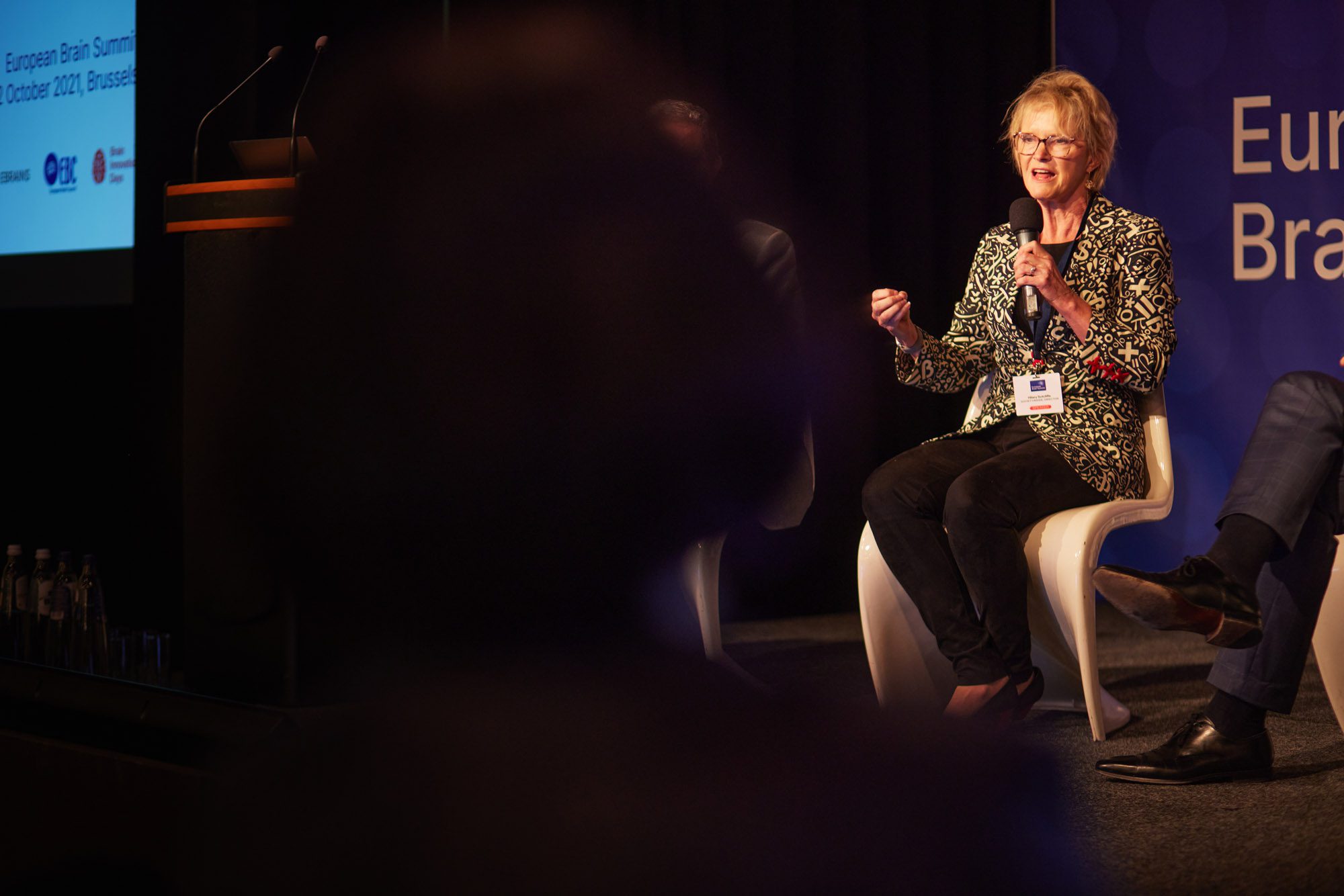
“Looking at funding regimes. These sort of patient-centric practices need to be part of the question formulation right at the beginning; they need to be part of the funding calls, and they need to be designed into the calls.”
Hilary Sutcliffe, Director, Society Inside
The panel on Digital Innovation, Technology, and Data access in Europe featured Prof Petra Ritter (Head of the Section Brain Simulation, Charité University Hospital), Prof Steven Vermeulen (Chief Infrastructure Officer, EBRAINS; Innovation Director, Human Brain Project), Prof Pieter Roelfsema (Director, Netherlands Institute for Neuroscience), Prof Viktor Jirsa (Director, Systems Neuroscience Institute), Joke Jaarsma (President, European Federation of Neurological Associations and Treasurer, European Brain Council), Annabel Descamps (Product manager, icompanion) and Prof Pierre Magistretti (Professor Emeritus, Brain Mind Institute, EPFL).
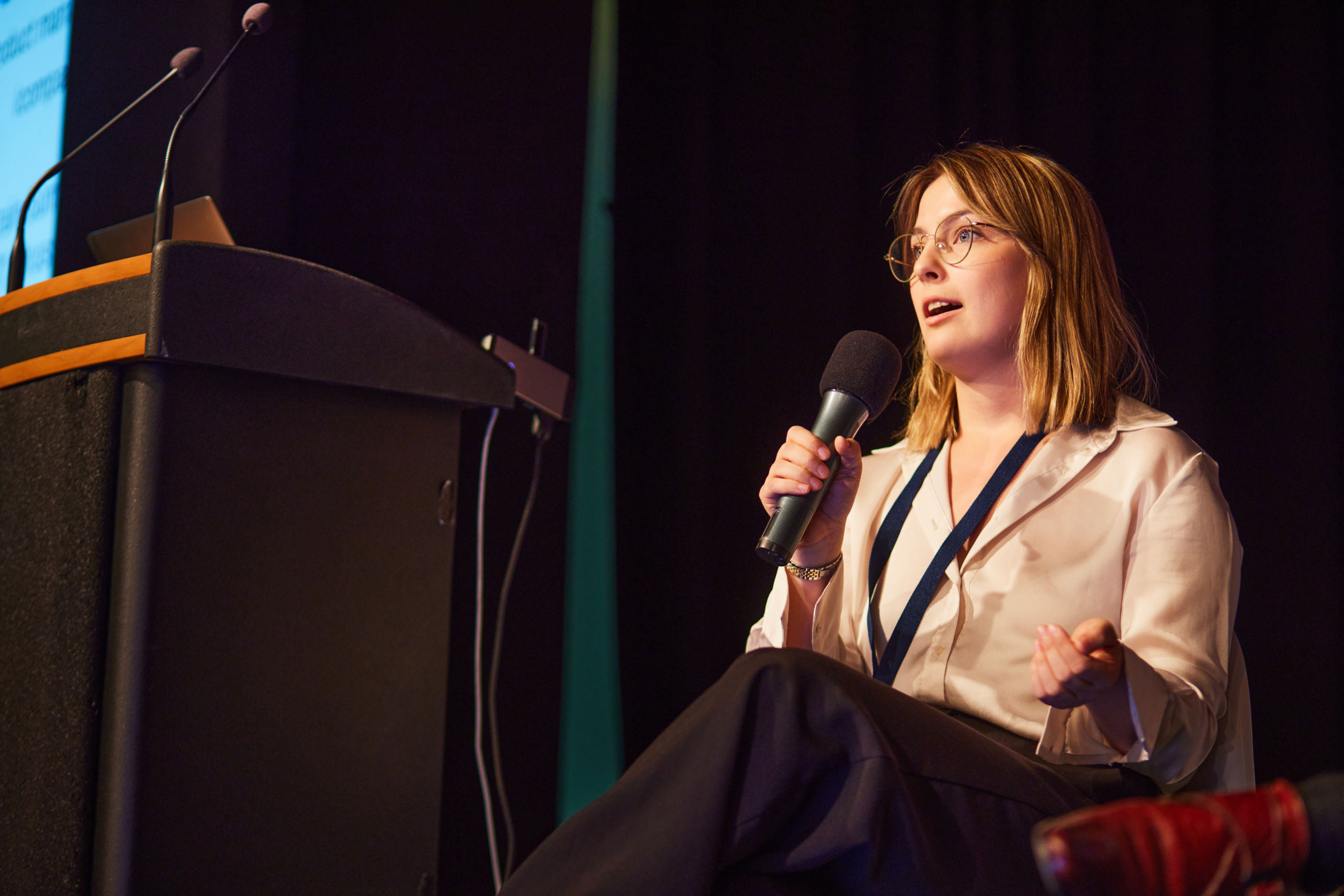
“We would love to see large scale analysis of data become a reality in Europe, to move faster towards effective treatments.”
Annabel Descamps, Product Manager, icompanion
“Let’s not just share data, let’s share access to tools for data.”
Steven Vermeulen, Chief Infrastructure Officer of EBRAINS
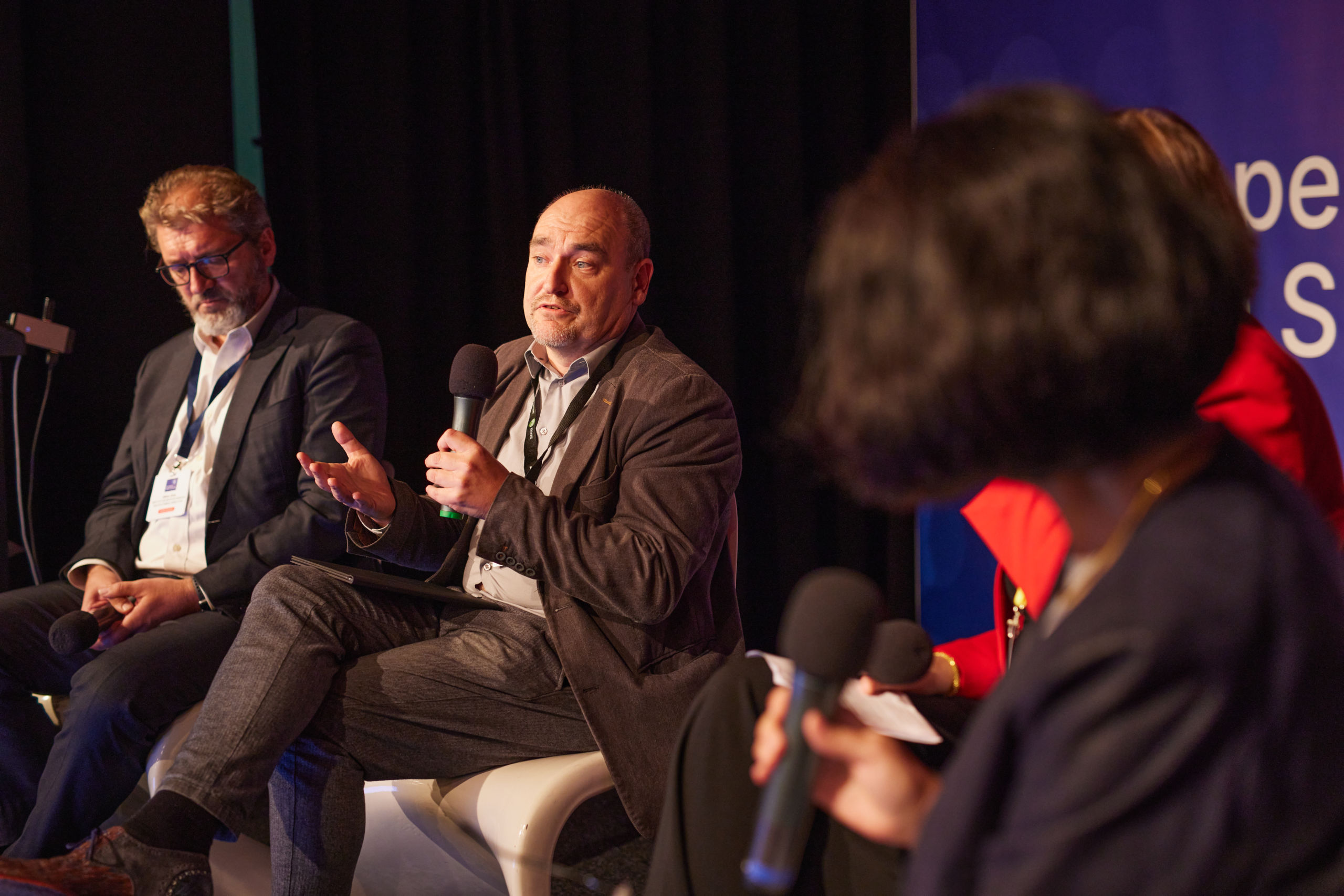
“The three most important elements in data sharing from the perspective of the patient community are privacy, informed consent and the validity of data.”
Joke Jaarsma, President, European Federation of Neurological Associations and Treasurer, European Brain Council
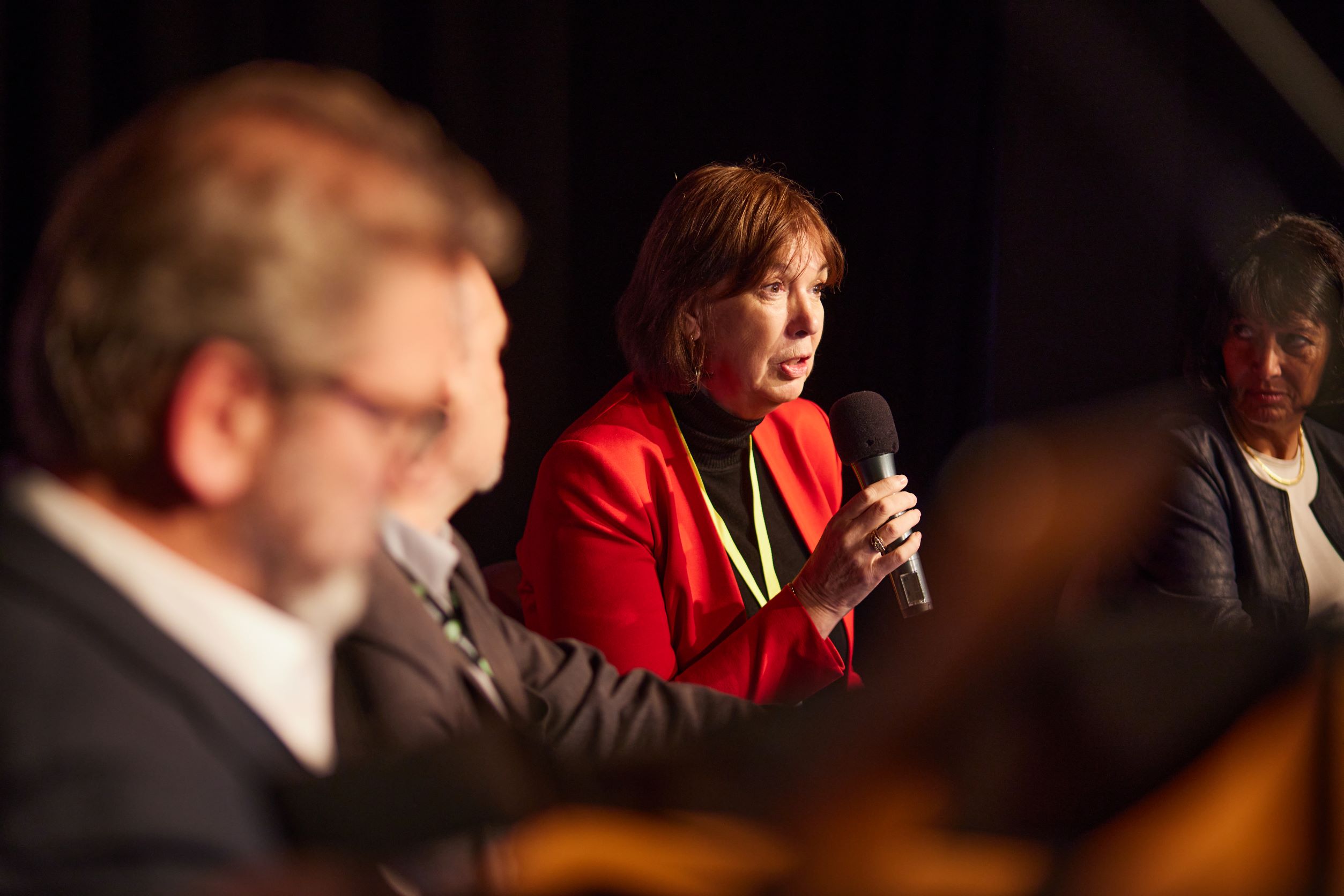
The Summit was brought to a close by two high-level closing remarks from Irene Norstedt, Director of the People Directorate, Directorate-General for Research and Innovation (DG RTD), European Commission and Pierre Delsaux, Deputy Director General, Directorate-General for Health and Food Safety (DG SANTE), European Commission, both examining the potentials for the future of brain research at the European level.
“We need to further strengthen brain research and we must make sure that stakeholders work together in a very well-coordinated manner.”
Irene Norstedt, Director of the People Directorate, Directorate-General for Research and Innovation, European Commission
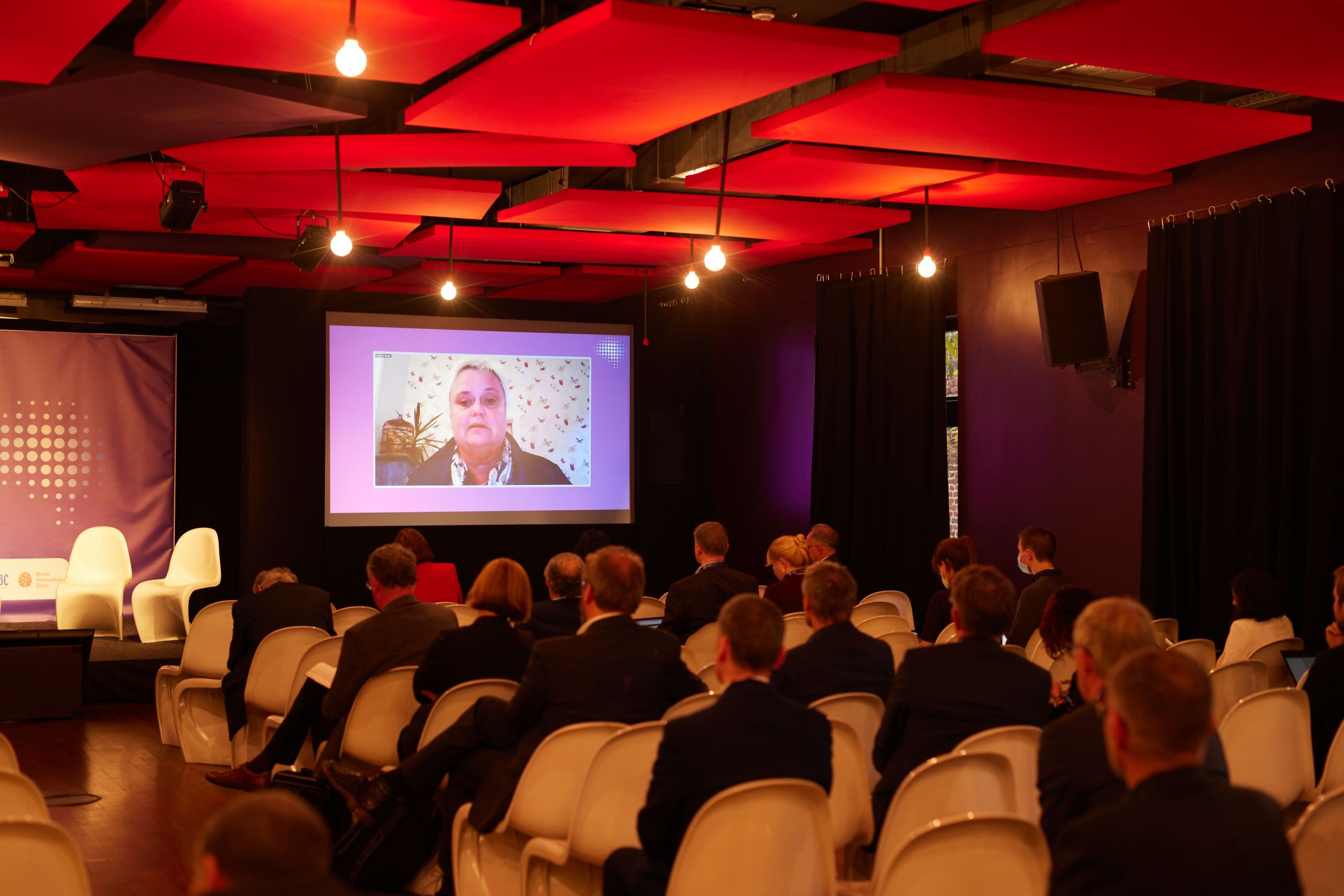
To finalise the day, Pierre Delsaux, Deputy Director General at the European Commission, stressed that health, and in particular brain diseases, are a priority and he urged researchers to approach the European Commission with their ideas.
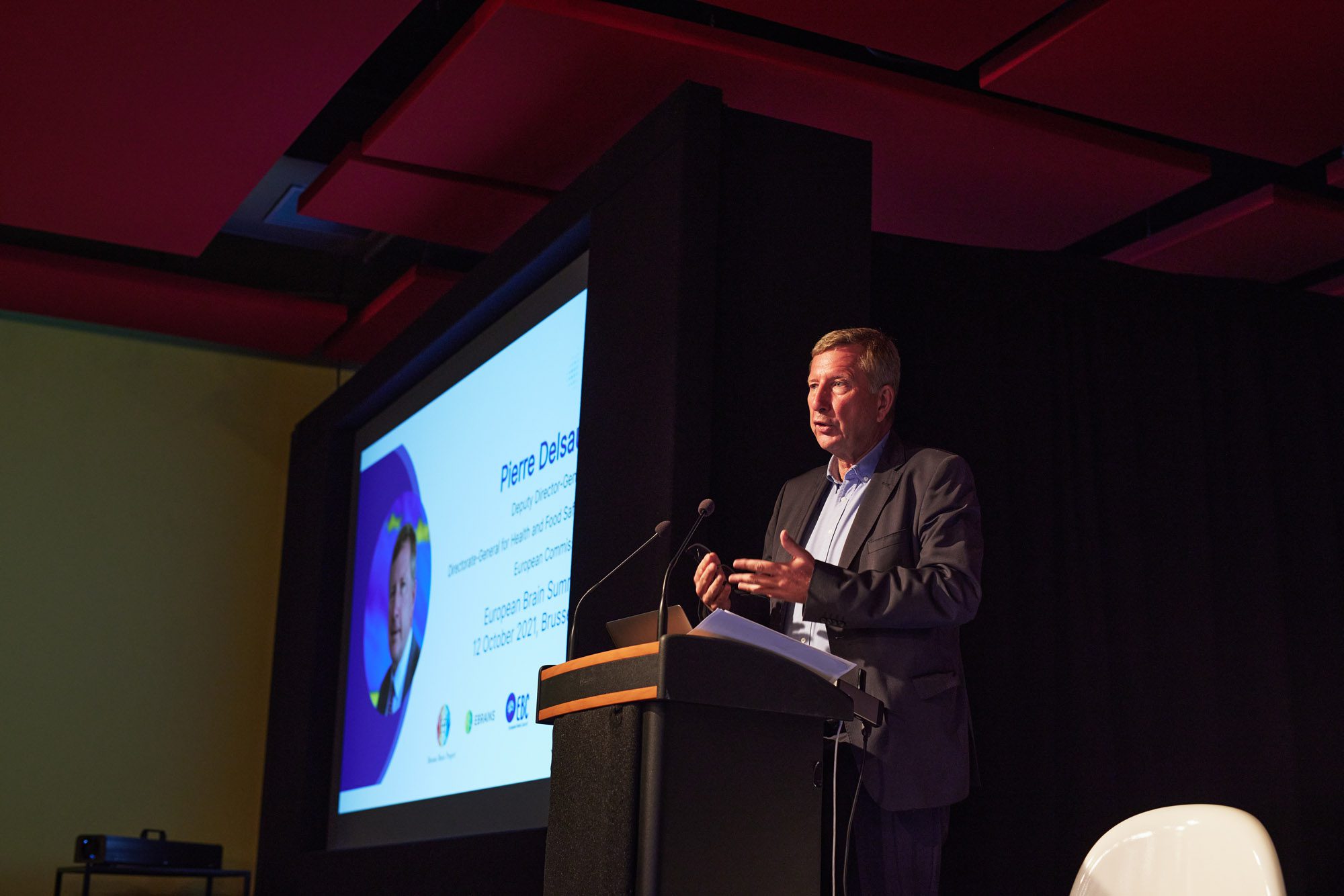
A full recording of the Summit is available on YouTube:



